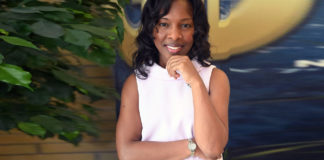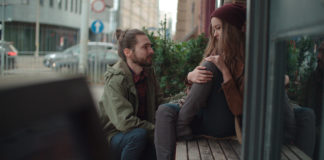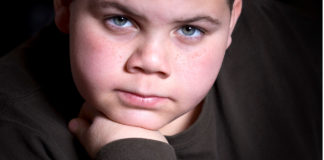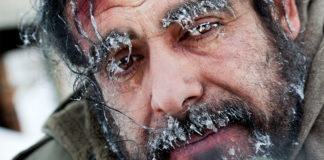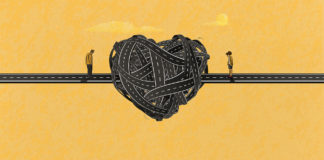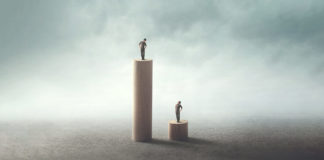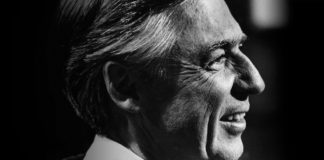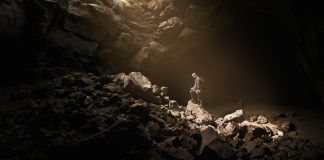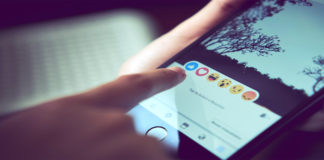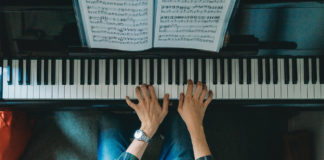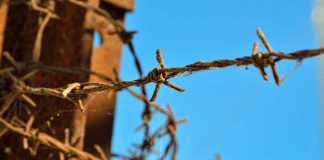Reacting to the worst news
In a conversation with Dr. Shelly-Ann Bowen, we discussed her research on what determines whether someone will be active or passive in the face of catastrophic events—fires, floods, or a cancer diagnosis. Social injustice, a lack of self-awareness, and even an immature understanding of faith paralyse action. But there are ways to make positive changes.
When one cries, the other tastes salt
Right at the start of the political thriller, The Post, a scene portrays military analyst Daniel Ellsberg with an empty gaze and a soul burdened by the horrors of the Vietnam war he was forced to document for the United States Department of Defense.
More than love: an x-ray of a happy marriage
There is a saying that describes one’s life partner as being most appreciated during two life stages: before marriage and after the funeral. Unfortunately, proverbs and sayings hint at a reality which is also faithfully rendered by statistics showing that love wears off pretty soon in many marriages. But maybe this is part of the problem—the fact that we overburden love, treating it...
The transforming power of one caring adult
Statistically, by now Josh should have been either in jail, living on the street, or dead. The long years in which he was abused and expelled from the families who took him in made him no longer trust anyone. But the love of adults who showed him that they cared was stronger than anything that pushed him toward self-destruction.
The darker side of our world
The world of the homeless is the darker side of our world. It is inhabited by vagrants, drug addicts, and the powerless. This world has its own rules, customs, pleasures, and pains, but lacks meaning and peace. And those who enter this world struggle to leave it.
She loves me not | Friendship and the friend zone
When I was a child, I used to take a branch of locust tree and, plucking the leaves one by one, I would say: She loves me… she loves me not… she loves me… she loves me not. I cannot remember who I was thinking of when doing this; too many years have gone by since then. However, the refrain is still very...
Envy and its opposite
Beginning with Cain and Abel, history has known famous and less famous stories woven around the devastating experience of envy.
The role of mindfulness meditation in boosting our hopes
I used to be among those who have a great aversion to the recommendation to "live in the present," firmly convinced that, in fact, this advice is nonsense. That, in reality, every moment we enjoy right now, is actually a millisecond behind, therefore, it is still not the coveted living in the present.
COVID-19: The new mirror in which we look at our parents
How can we encourage the elderly during this time? How can we help them understand that we don't want to lose them and that, although it's hard for them, we didn't abandon them. I have an elderly mother and, honestly, it would help me a lot. Can you write for me?
Life really is beautiful
Graeme Frauenfelder, 56, didn’t realise until he was an adult that he was the victim of a mental health problem that affects 1.8 per cent of Australian males and 1.7 per cent of females. He’d assumed that his feelings were typical of any kid. But Graeme’s problem has a name. It’s bipolar disorder, which used to be called manic depression. Bipolar disorder is...
An encounter with kindness
Sartre may have been right when he said Hell is other people. Yet, for some, their first step toward Heaven is meeting the God who shelters in someone else's soul.
How to cherish the obstacles in your life
“What doesn’t kill you makes you stronger,” said Nietzsche in one of his essays back in 1889. Easier said than done when you’re facing unemployment, illness, rejection, or a blank exam paper. We tend to see these as things we need to get rid of. This can’t possibly be the life we wanted.
Never enough likes
The American Economic Review recently published the results of the largest randomized study ever conducted to measure the impact on the quality of life that deactivation ones Facebook account might have.
The surprising effects of music on the brain
People have always loved and cherished music, investing time into both composing and listening to it. Journalists from The New York Times sought to find the reason behind our deep attachment to this intangible thing that, for most of us, yields no material gain.
The courage that makes us human
Courage is a special virtue: unlike other virtues that can be formed and polished over time, courage only makes itself known spontaneously and fully in situations where one is required to act, proving its existence.












